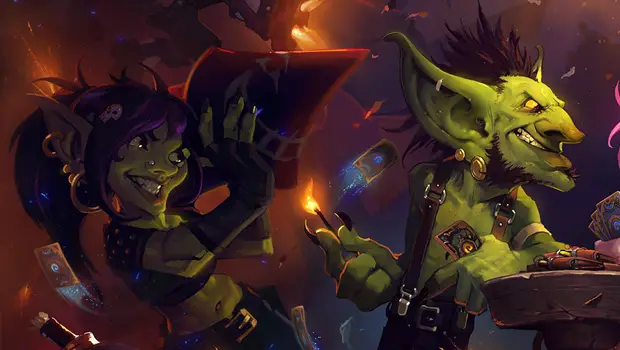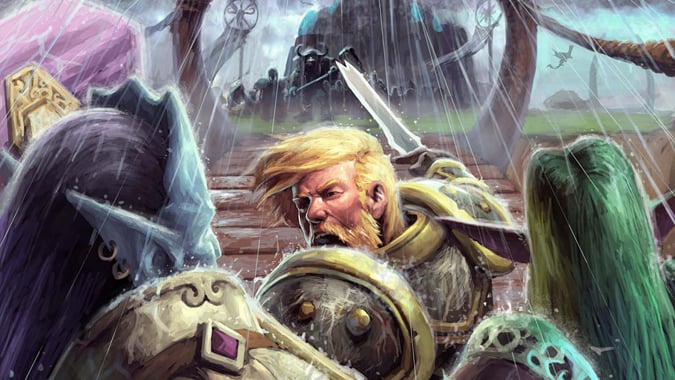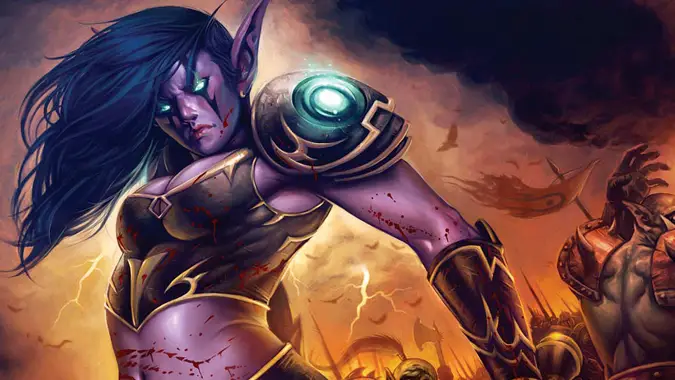Role Play: Identifying red flags in roleplay

Roleplaying is at its heart an intensely creative exercise that you share with other people. It’s a little bit creative writing, a little bit improvisational acting. You can determine how your character might react to certain situations, but you never really know how others will react to the same situations. For that matter, you’re never really certain how other characters will react to your character. Will they be liked, or will they be hated? Will they be ignored? It’s a mystery.
But that’s part of the roleplay experience – learning, reacting, and adapting as the story evolves. Yet while this is all something that is expected in roleplay, it doesn’t mean you’re obligated to respond to every situation. And in certain situations, you really don’t want to respond. What are some of the signs that a roleplay situation is quickly headed south? When is it okay to leave?

Line crossing
Here’s the thing with improvisational acting: it’s just acting. It’s not real. What your character does, says and feels is one thing, what you as the player feel is something else entirely. Typically, people refer to that divide between what your character feels and what you feel as “the line” – an imaginary demarcation between fiction and reality.
So when your character is angry at another character, it’s not you being angry at that other player. When your character professes a confession of love to another character, it’s not you saying you’re in love with another player. But while actors can slip in and out of character with relative ease, roleplayers have to figure out that line between the two all by themselves.
It’s not easy to spot when a player gets confused with that line. But if you notice that your roleplaying partner is carrying emotions outside of the normal scope of roleplay, that can be a red flag. If you notice that you yourself are still feeling heated after an in-character argument, that’s also a sign to take a step back. You don’t necessarily need to halt all roleplay, but it may be worth it to take a little time to re-evaluate your feelings and determine what’s real, and what part is just that fictional situation.

Emotional manipulation
Emotions themselves are tricky in general – and there are people out there that will try and use that to their advantage. It’s normal to want the best for your character. It’s not normal to try and manipulate roleplaying situations to get whatever it is you want. Certainly your character might try to finagle an ideal result out of a situation. But when that line is crossed and that manipulation moves into out-of-character territory, that’s a red flag.
I’ve seen this before in a few different scenarios. Usually what happens is one player would like another player’s character to act in a certain way. If the reaction isn’t what they’re looking for, they’ll make their own character suffer as a result. This starts to make the other player feel guilty – and deliberately pressures them to change their mind.
For a simple example, imagine that your character has encountered a depressed, miserable character. But the only way to resolve that misery is to have your character do something you don’t feel they’d want to do. If you ever see yourself in this kind of scenario, you may want to have an out-of-character conversation with that player. Let them know that you’re feeling uncomfortable. The situation may resolve itself at that point. But if they continue to make you feel guilty, both in and out of character, you may want to just walk away.

Threatening situations
In fact, if you’re ever feeling like you’re in a situation you don’t want to be in, that’s a red flag. Certainly your character’s life isn’t always going to be the happiest it could be. Conflict is something that naturally tends to happen during roleplay. But if you start feeling uncomfortable both in and out of character, that situation warrants a closer look.
Again, you may want to approach this by having an out-of-character conversation with the other player or players involved. Let them know that you’re not comfortable with what’s going on. Explain why, if you feel it necessary – but you don’t really need to explain why. The very fact that you’re uncomfortable is enough.
Generally speaking, other roleplayers will usually understand the issue in these kinds of situations. But if you encounter resistance, or the other player or players involved refuse to compromise, you can simply walk away. There’s nothing saying that you have to finish a story or a situation once it’s started. And you shouldn’t feel badly for leaving a situation that’s making you feel terrible, out-of-character.

Walking away
Let’s be clear here: You should never feel threatened by what amounts to a game of make-believe. You should never feel like you have to do something you don’t want to do. And there is nothing wrong with calling a full stop to a roleplaying scenario if you feel like things are getting out of control.
Roleplaying should be fun – if you’re not having fun, then the situation warrants a closer look. You should never feel like you’re being pressured to roleplay something you don’t want to do. You should never feel like your character has to act in a way that you don’t feel is natural. After all, it’s your character – you’re the one that calls the shots in regards to your character’s actions.
Most of the time, red-flag situations can be resolved with a simple conversation. Sometimes other players don’t realize that they’re creating an awkward situation. In that case, letting them know helps them to understand that they’re crossing a line, so they don’t repeat the mistake in the future. And if they refuse to change their behavior, that helps you make a decision when it’s okay to keep roleplaying, and when you should simply bow out and take your leave.
Please consider supporting our Patreon!
Join the Discussion
Blizzard Watch is a safe space for all readers. By leaving comments on this site you agree to follow our commenting and community guidelines.
 @Shadesogrey
@Shadesogrey




